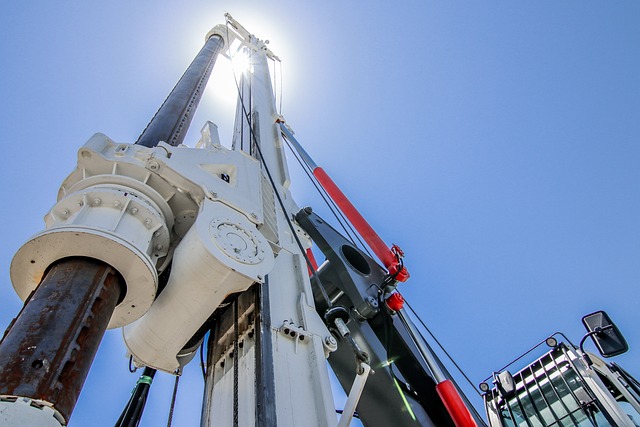Economic Risks for Canada and Rising U.S. Fuel Prices
Potential tariffs on oil and gas imports could significantly affect Canada’s economy and raise U.S. fuel prices. Alberta, Canada’s oil-producing province, faces growing unease over President-elect Donald Trump’s proposed 25% tariff on Canadian goods. Energy experts and Canadian officials warn that these tariffs could disrupt Canada’s economy and increase fuel costs for American consumers.
Dennis McConaghy, a former Alberta energy executive, emphasized that Canada must find a way to work with Trump. “Canada has no choice but to work with Trump,” he stated. Trump announced that his administration would impose a blanket tariff on imports from Canada and Mexico, with no exception for oil and gas.
Lisa Baiton, president and CEO of the Canadian Association of Petroleum Producers, warned that such tariffs could reduce Canada’s oil production. McConaghy also noted that job losses in Alberta would ripple through the broader Canadian economy. Provinces relying on wealth transfers from Alberta could face severe financial strain.
The potential tariffs could further devalue the Canadian dollar, already weakened by internal economic challenges. “Canada is deeply integrated with the U.S. economy,” McConaghy added, highlighting that 80% of Canada’s trade is with the U.S., much of it involving hydrocarbons.
U.S. Refineries and Consumer Costs
U.S. fuel manufacturers are urging Trump to exclude oil and gas from the proposed tariffs. The American Fuel and Petrochemical Manufacturers (AFPM) likened crude oil’s role in refineries to flour in bakeries. If crude oil prices rise, fuel production costs will also increase, directly affecting American consumers.
Despite being the world’s largest oil and gas producer, the U.S. still imports oil for specific regions like California, the Northeast, and parts of the Midwest. Approximately 40% of crude processed in U.S. refineries comes from imports, with most of it from Canada. Many Midwest refineries are specifically configured to process heavier Canadian crude.
The AFPM warned that tariffs on Canadian oil would increase operating costs for U.S. refineries, especially in the Midwest. These increased costs would likely be passed to consumers, raising gasoline prices. Patrick De Haan, a Chicago-based gas price analyst, estimated that gas prices could rise by up to 75 cents per gallon in states like Minnesota, Wisconsin, and Michigan. Higher fuel prices could also impact airlines and freight carriers, raising transportation costs nationwide.
Higher fuel prices would contradict Trump’s campaign promise to lower gasoline costs. He pledged to reduce gas prices to below $2 per gallon. As of late November, however, the average U.S. gasoline price hovered around $3 per gallon.
Trump’s broader goal is to boost U.S. energy independence by expanding domestic oil production and reducing reliance on foreign oil. While the final decision on tariffs remains uncertain, analysts believe Trump’s tariff threats may be part of a broader strategy to secure border agreements with Canada and Mexico. Trump hinted that tariffs would stay in place until both countries strengthen border security and curb illegal immigration and drug trafficking into the U.S.


